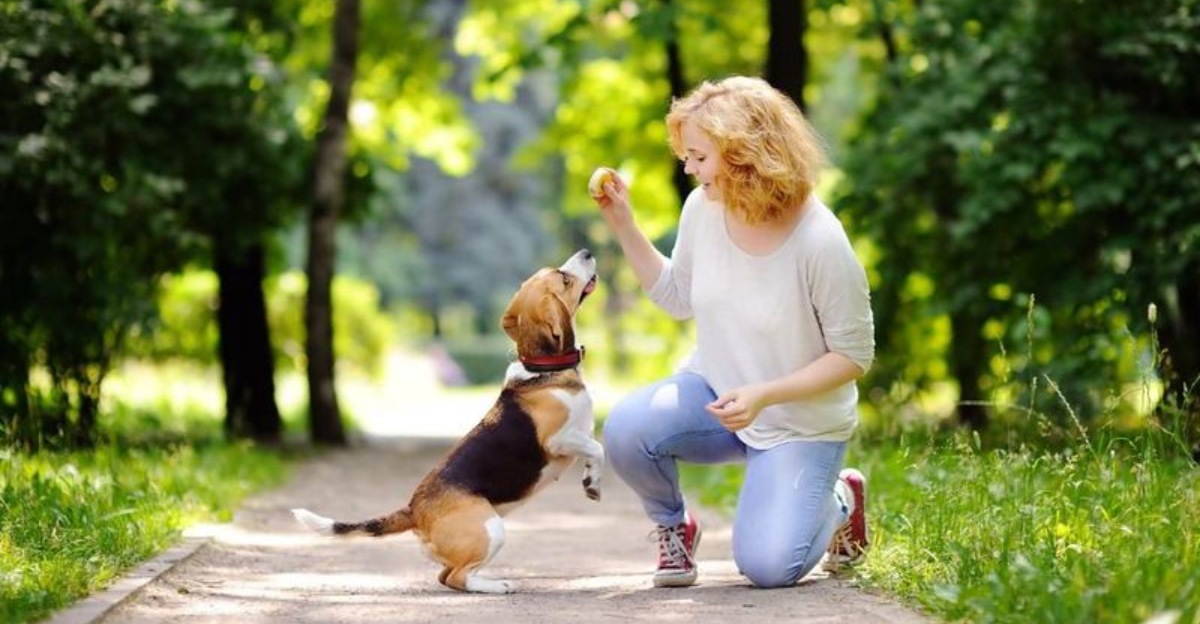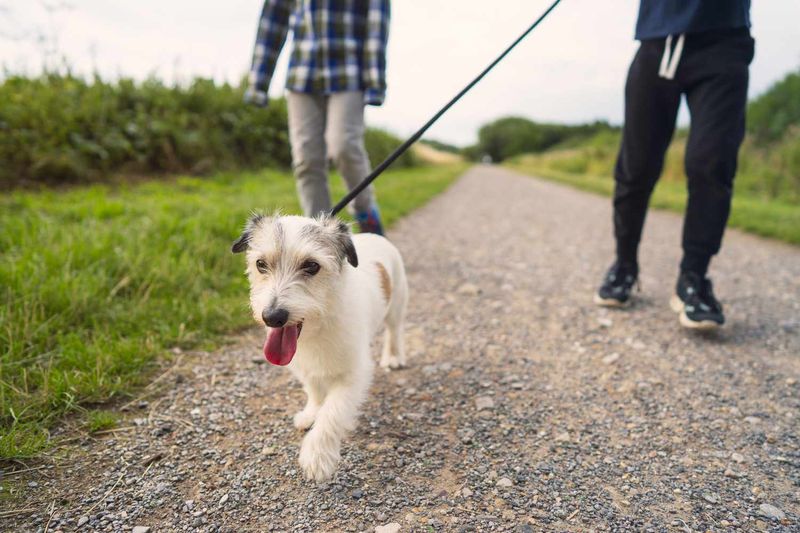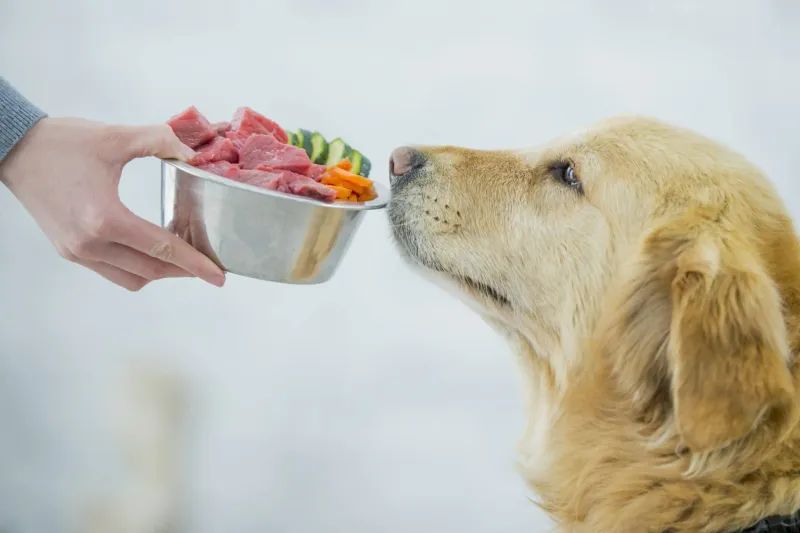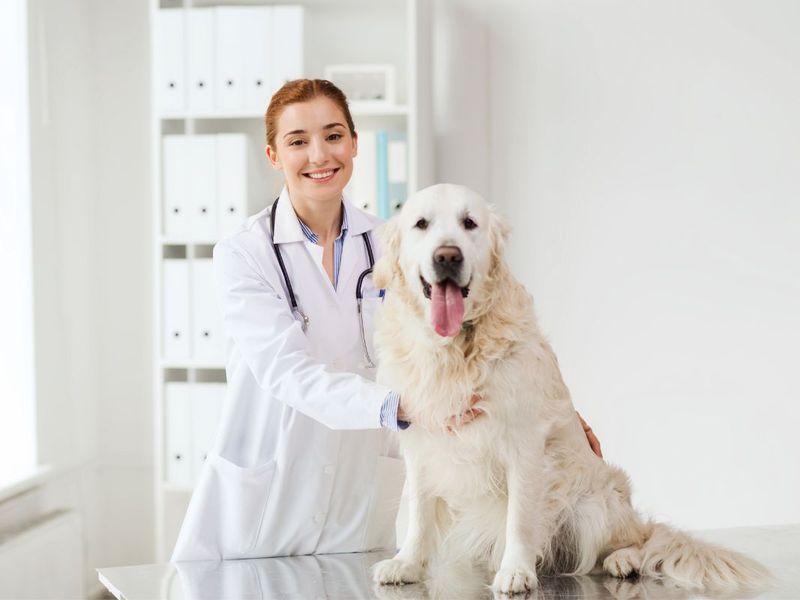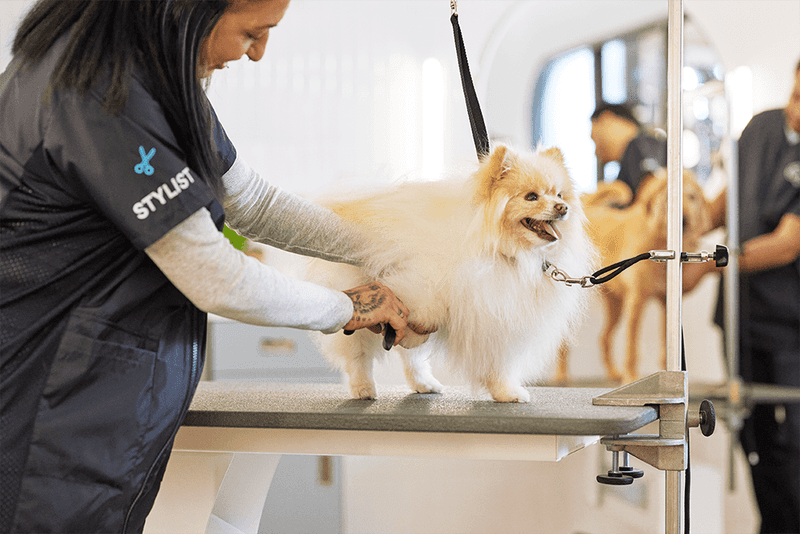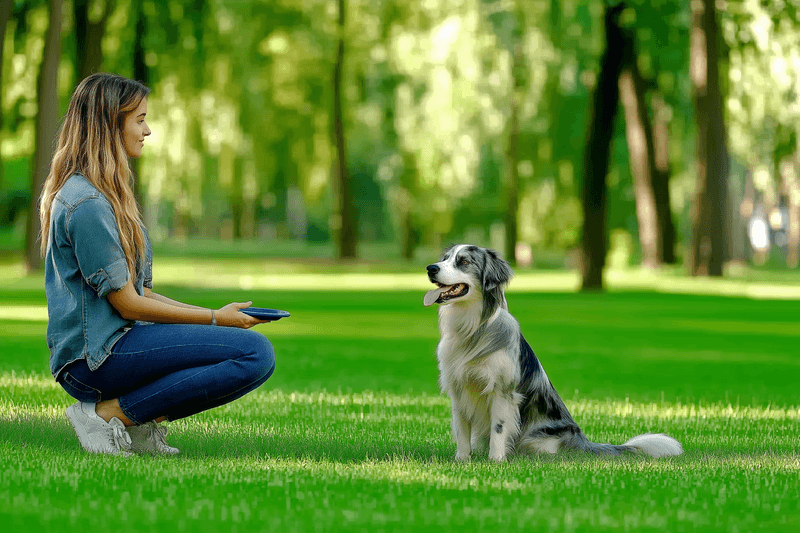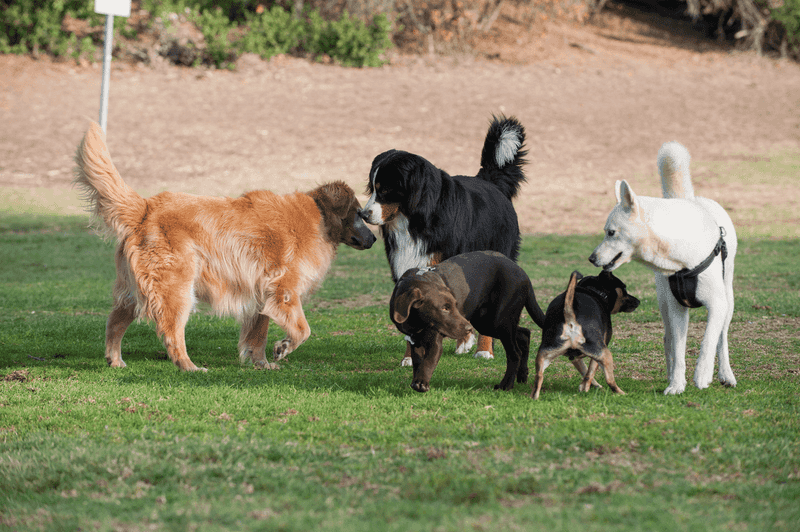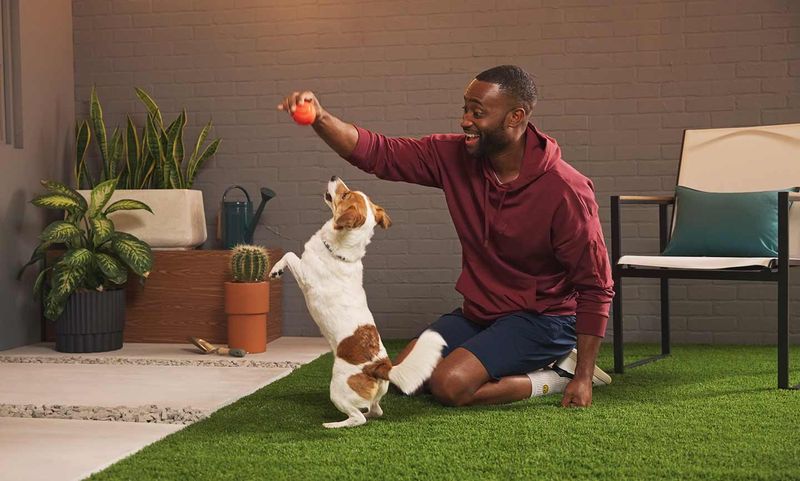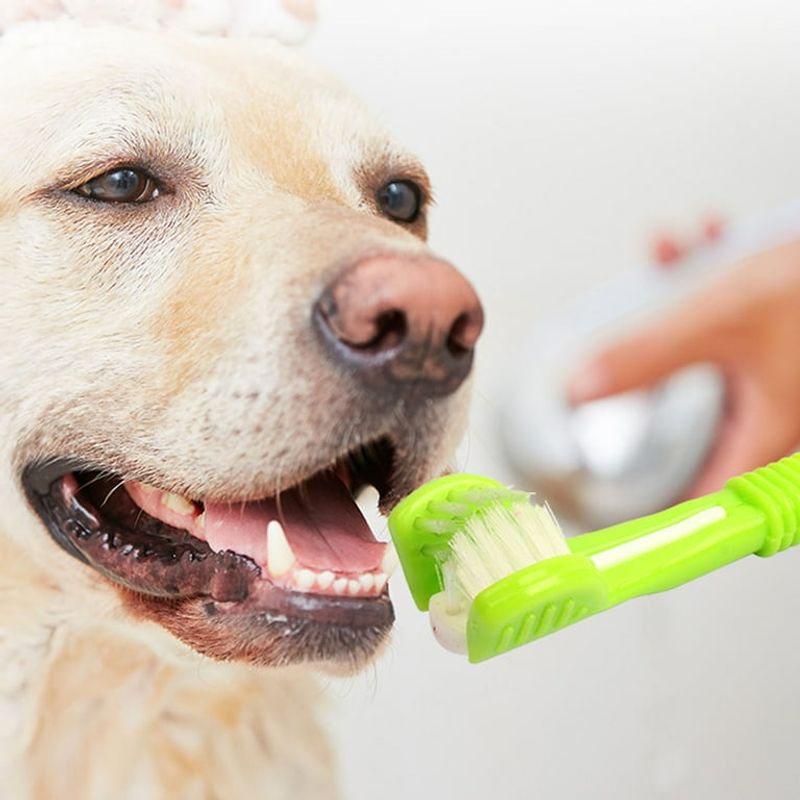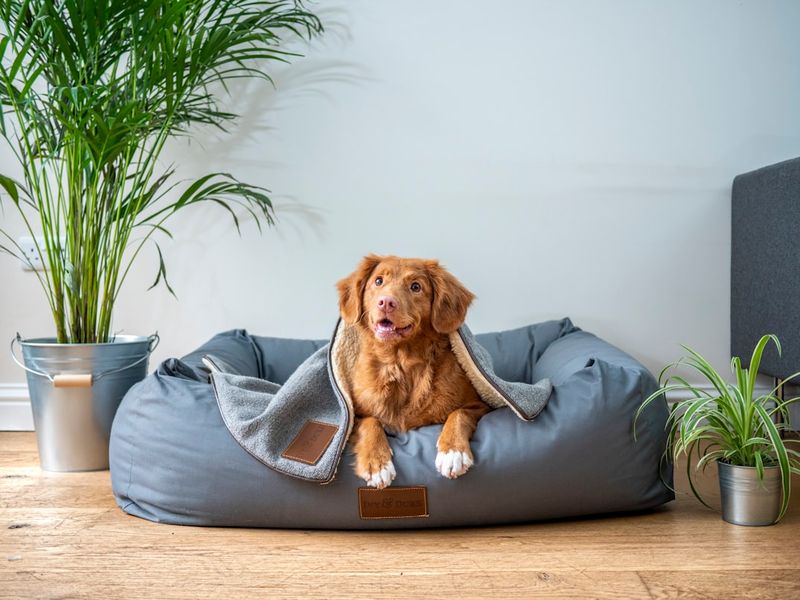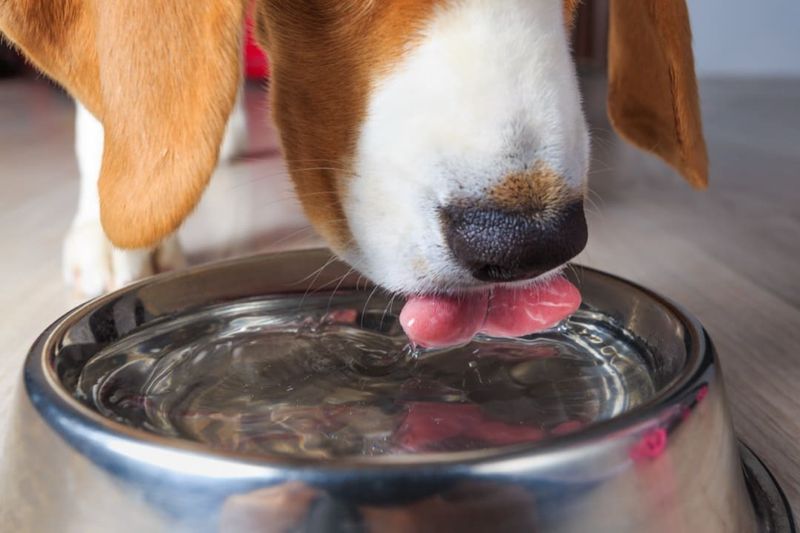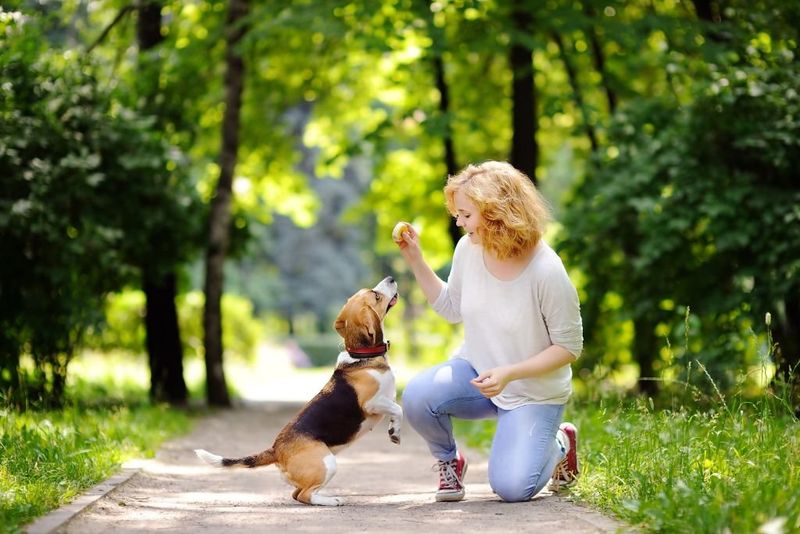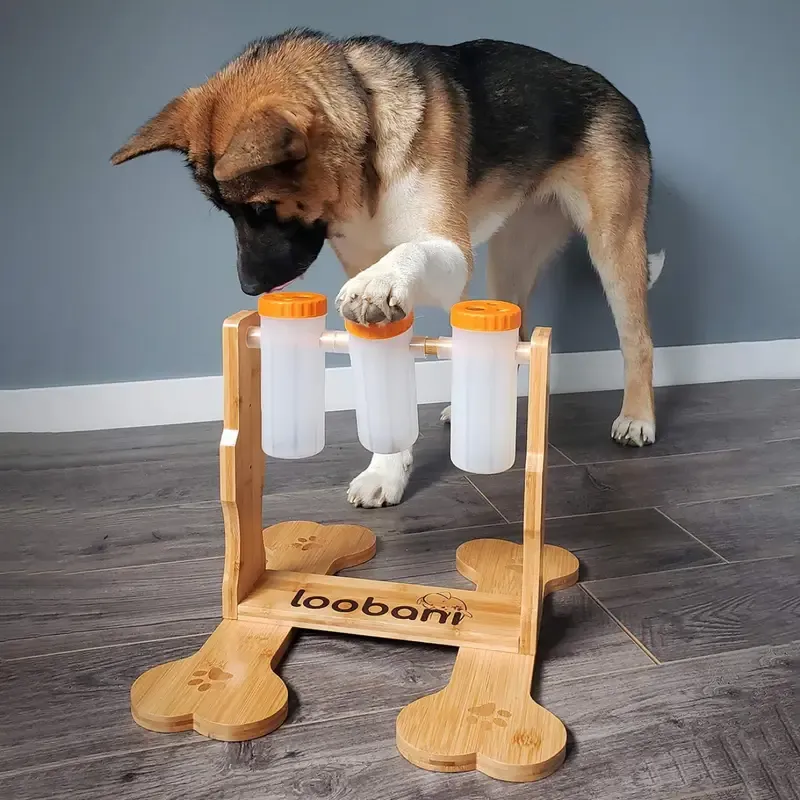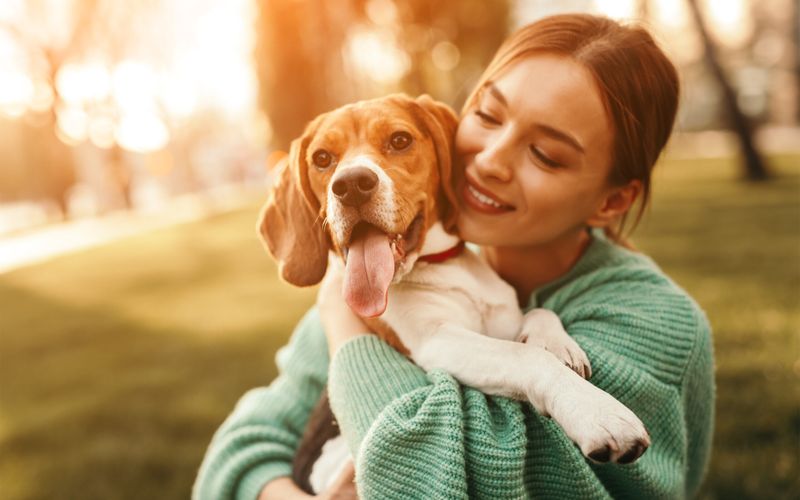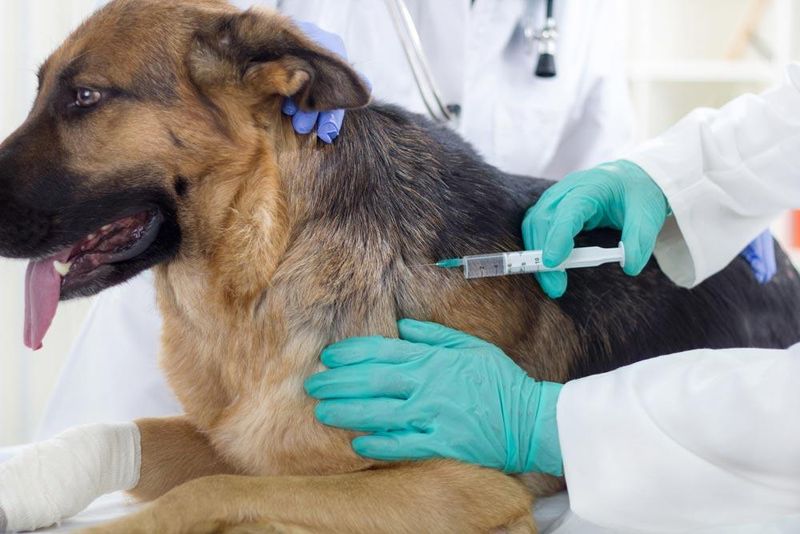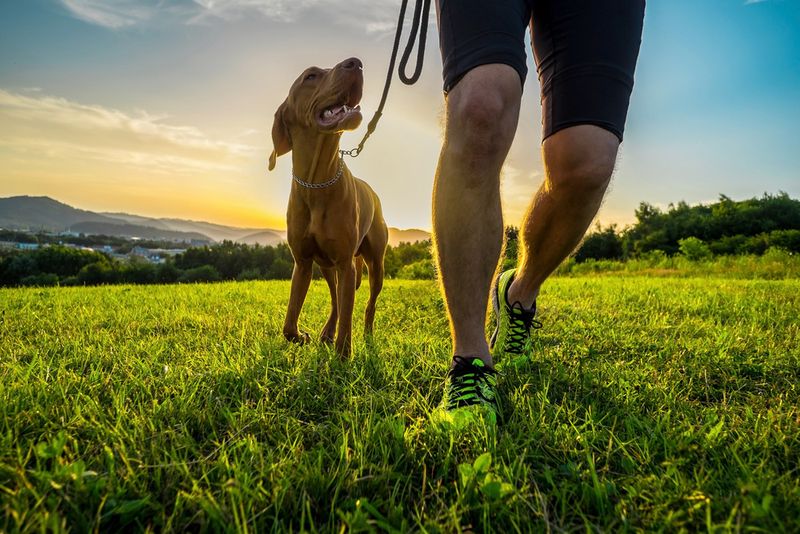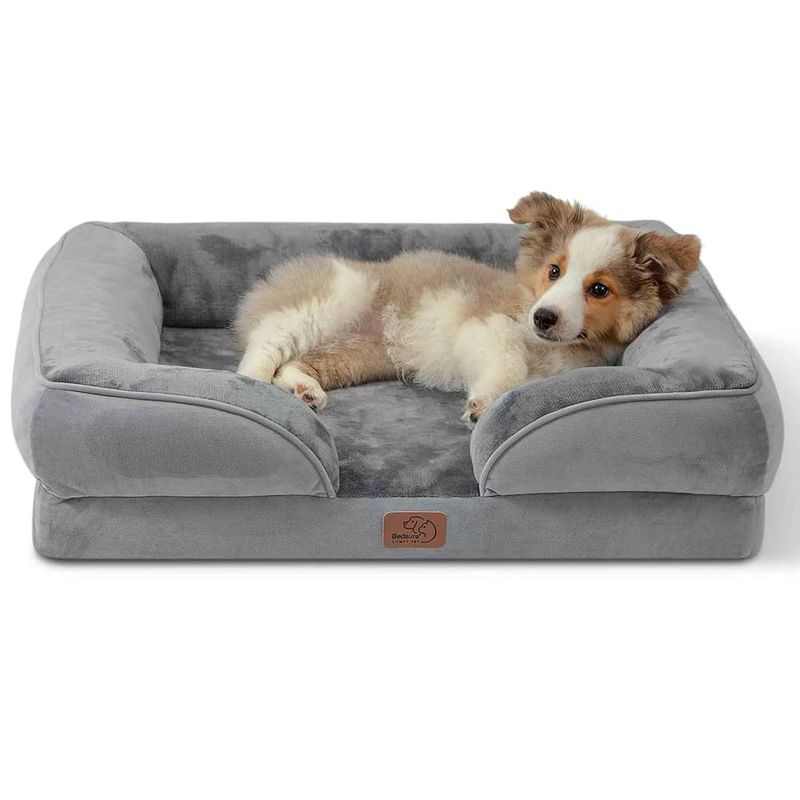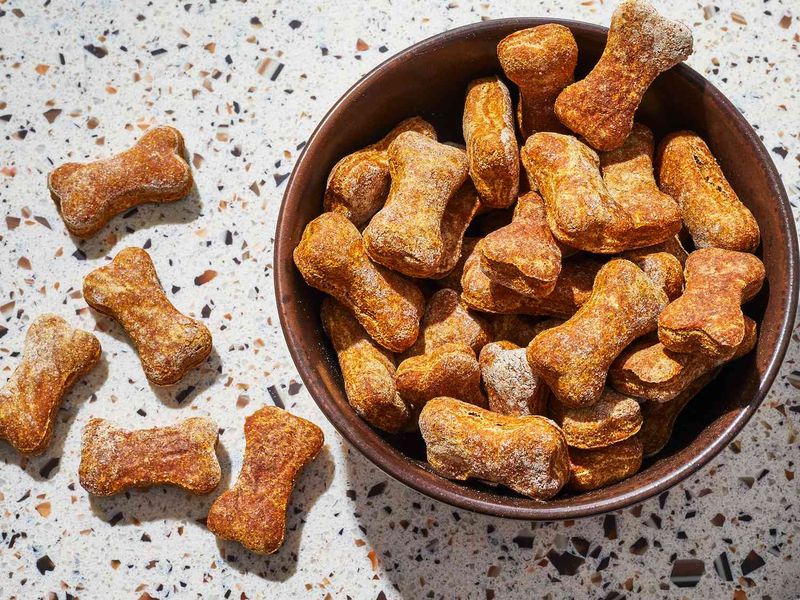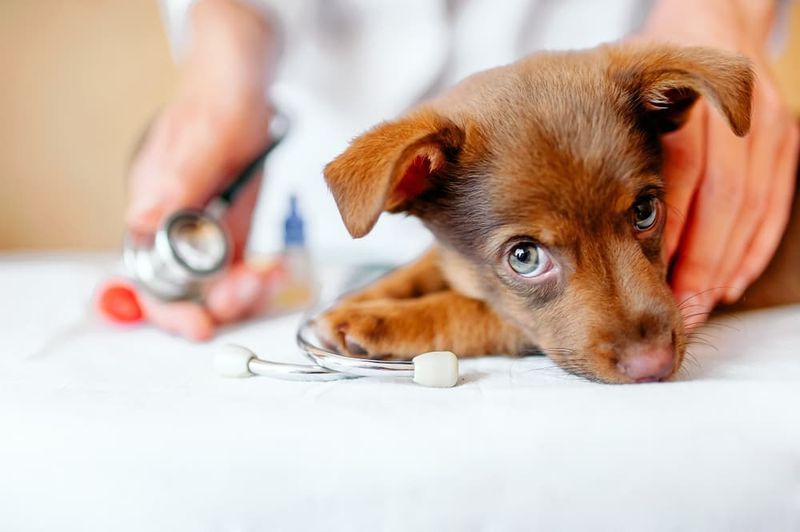Caring for a dog involves more than just feeding and walking. These 23 straightforward habits will enhance your dog’s happiness and health, ensuring a loving, vibrant companion.
Daily Walks
Walking isn’t just about exercise; it’s an adventure for your dog. Daily walks stimulate their mind and build a strong bond between you both. Observing the changing environment enhances their cognitive functions. Moreover, it offers a perfect opportunity for socialization with other dogs and people, reducing anxiety and promoting well-being.
Imagine the excitement in their eyes as they explore new scents and sites. This simple daily ritual keeps them fit and wards off obesity-related diseases. A brisk walk every day ensures that your furry friend stays happy, healthy, and always ready for the next adventure.
Balanced Diet
Feeding your dog a balanced diet is crucial. It ensures they receive all necessary nutrients for maintaining optimal health. High-quality dog food, tailored to your pet’s age, size, and breed, supports growth and vitality. Including a mix of proteins, fats, and carbs keeps energy levels steady and fur shiny.
Avoiding filler-heavy foods prevents obesity and related health issues. Remember, a healthy diet enhances immune function and longevity. Providing fresh water alongside a nutritious diet ensures hydration and aids digestion. Make mealtime a nourishing experience for your beloved companion.
Regular Vet Visits
Routine vet check-ups are essential for early detection of health issues. Regular visits ensure vaccinations are up-to-date and monitor your dog’s general health. Early intervention can prevent serious diseases and manage ongoing conditions effectively.
During these visits, your vet can also provide tailored advice on diet, exercise, and grooming, adjusting as your dog ages. This proactive approach keeps your pet in peak condition and reassures you as an owner.
Building a relationship with a trusted vet guarantees you have an ally in maintaining your pet’s wellness.
Grooming Sessions
Regular grooming goes beyond aesthetics; it’s beneficial for your dog’s health. It helps to remove dirt, dead hair, and reduces shedding. Frequent brushing stimulates skin circulation, promoting a healthy coat. Moreover, grooming time is a fantastic bonding experience, reinforcing trust between you and your pet.
Bathing intervals depend on coat type and lifestyle. During grooming, check for abnormalities such as lumps or skin irritations. These sessions can prevent infections and maintain overall hygiene, ensuring your dog feels comfortable and clean.
Training and Commands
Training is essential for a happy, well-adjusted dog. Teaching commands like sit, stay, and come promotes good behavior and keeps your dog safe. Training sessions are mentally stimulating, preventing boredom and destructive behaviors.
Reward-based training strengthens the human-animal bond and builds trust. Patience and consistency are key, as positive reinforcement encourages quick learning. Involving family members in training can make it a fun, collective activity. This foundation of discipline supports a lifetime of harmonious living together.
Socialization
Socializing your dog is vital for a balanced emotional state. Early exposure to different environments, people, and animals helps them adapt to new situations calmly. Well-socialized dogs are less likely to exhibit fear or aggression.
Dog parks, training classes, and playdates are excellent for social skills development. This fosters a friendly and outgoing personality, reducing stress in novel situations. Proper socialization contributes to overall happiness, making your dog a joy to be around in any setting.
Playtime
Playtime is critical for a dog’s happiness and health. It provides physical exercise and mental stimulation, which are essential for well-being. Games like fetch or tug-of-war enhance agility, strength, and cognitive abilities.
Interactive toys and play sessions strengthen your bond and provide an outlet for energy. Regular playtime alleviates boredom and prevents unwanted behavior due to excessive energy. A playful dog is a happy dog, thriving on fun and companionship.
Dental Care
Dental care is often overlooked, yet it’s crucial for your dog’s health. Regular brushing prevents plaque buildup, tooth decay, and gum disease. Bad breath can be an early sign of oral health issues, so addressing it early is key.
Use products specifically designed for dogs, such as toothbrushes and toothpaste with flavors they enjoy. Dental chews can complement brushing by reducing tartar and promoting healthy gums. Consistent dental care ensures your dog maintains a dazzling smile and avoids potential health complications.
Safe Environment
Providing a safe environment is fundamental for your dog’s well-being. Ensure your home is free from hazards like toxic plants, electrical cords, or small items that can be swallowed. Secure fencing in your yard prevents escapes and keeps unwanted wildlife out.
Safety extends to travel; use appropriate restraints like seat belts or crates for car rides. A secure environment supports relaxation and reduces stress, promoting a sense of security and contentment.
Proper Hydration
Hydration is vital for a dog’s health. Fresh, clean water should always be available. It regulates body temperature, supports digestion, and aids in nutrient absorption.
Dehydration can lead to serious health issues like urinary tract infections. Monitor water intake, especially during hot weather or after exercise. Consider adding ice cubes for a refreshing treat. Proper hydration keeps your dog active, alert, and healthy, enhancing their quality of life.
Consistent Routine
Dogs thrive on consistency. A well-structured routine reduces anxiety by providing a sense of predictability. Regular feeding, walking, and playtime schedules help regulate their internal clock.
Consistency in routine builds trust and security, reinforcing good behavior. Predictable patterns are comforting, especially for anxious pets. Maintaining a routine requires commitment, but the rewards are seen in your dog’s happiness and well-being.
Positive Reinforcement
Positive reinforcement is an effective training approach. Rewarding good behavior with treats, praise, or toys encourages repetition of desired actions. This method fosters a trusting relationship and enhances communication between you and your dog.
Unlike punitive measures, positive reinforcement builds confidence and reduces fear. It promotes learning in a fun, stress-free environment, leading to a happier, more obedient pet. Make training sessions enjoyable and rewarding for lasting results.
Mental Stimulation
Mental stimulation is as important as physical exercise. Engaging games, puzzle toys, and interactive challenges keep your dog’s mind sharp. Activities that require problem-solving prevent boredom and destructive behavior.
Regular mental exercises improve cognitive functions and delay age-related decline. Involving your dog in daily activities, like fetching the newspaper or learning new tricks, stimulates their mind. A mentally stimulated dog is a content and well-rounded companion.
Love and Affection
Love and affection are critical for a dog’s emotional health. Dogs are social creatures that crave companionship and closeness. Regular cuddles, gentle petting, and positive attention strengthen your bond.
Affection reassures your dog of their place in your family, fostering a sense of belonging and security. This emotional connection enhances trust and happiness, making your dog a loving and loyal friend.
Vaccination Schedule
Sticking to a vaccination schedule is vital for your dog’s health. Vaccines protect against serious diseases like rabies, parvovirus, and distemper. Keeping vaccinations up-to-date ensures immunity against outbreaks and is often required for boarding and social events.
Consult with your vet to establish a schedule tailored to your dog’s age, lifestyle, and health status. Vaccinations are a preventive measure, safeguarding your dog’s future health and wellbeing.
Regular Exercise
Exercise is fundamental to a healthy dog. Regular activity maintains a healthy weight, reduces stress, and prevents diseases like diabetes. Tailor exercise routines to your dog’s breed, age, and energy level.
Activities like running, swimming, or playing fetch provide physical and mental benefits. Consistent exercise routines improve endurance and strengthen muscle tone, making your dog agile and fit.
Comfortable Sleeping Area
A cozy sleeping area ensures your dog rests well. Quality sleep is necessary for recovery and overall health. Provide a bed that supports their size and needs, in a quiet, comfortable location.
A well-rested dog is more energetic and happier. Clean bedding regularly to avoid odors and allergens. A designated sleeping area gives your dog a safe, personal space to retreat and relax.
Healthy Treats
Treats should be healthy and given in moderation. Opt for natural, low-calorie options that complement your dog’s diet. Fruits and vegetables like carrots or apples make excellent treats, full of vitamins and fiber.
Avoid processed treats high in sugar or artificial additives. Healthy treats reward good behavior without compromising nutrition. Always consider dietary restrictions and consult your vet if unsure. Treat time can be both delicious and nutritious!
Pet Insurance
Pet insurance offers peace of mind in case of accidents or illnesses. Having insurance ensures your dog receives necessary medical care without financial strain. Coverage varies, so choose a plan that suits your needs.
Insurance can cover emergencies, surgeries, and chronic conditions, protecting your dog’s health and your budget. This safety net allows you to make medical decisions based on care, not cost, ensuring your pet’s well-being.
Regular De-worming
Regular de-worming protects your dog from harmful parasites. Worms can cause serious health issues like weight loss and anemia. Following a de-worming schedule keeps your dog healthy and prevents transmission to other pets.
Consult your vet for the right de-worming products and frequency. Early detection and treatment of parasites ensure your dog remains vibrant and lively.
Pet-friendly Travel
Traveling with your dog can be enjoyable when planned properly. Ensure safety with pet restraints and regular breaks. Bring familiar items like toys to comfort them during the journey.
Research pet-friendly destinations and accommodations for a stress-free trip. Travel enhances the bond with your dog and provides new experiences, enriching their life.
Calming Techniques
Calming techniques reduce anxiety and stress. Music, massage, or aromatherapy can soothe nervous dogs. Recognize triggers and create a calm environment to alleviate fear.
Regular practice of calming methods improves overall emotional health. A relaxed dog is more confident and joyful, thriving in any situation.
Exploration Adventures
Imagine taking your dog on a new adventure each week. Exploration satisfies their innate curiosity and provides mental stimulation. Start by visiting different parks or nature trails, allowing your pet to discover diverse scents and sights.
Each exploration is an opportunity for bonding, strengthening the trust and connection you share. Notice how your dog’s eyes light up as they encounter new environments. Their wagging tail expresses pure delight.
Not only does this practice enrich their world, but it also encourages a healthy, active lifestyle. Discovering new places together keeps their mind sharp and body agile.
